The post-pandemic financial woes have caused a lot of problems for small businesses and big-name retailers. While established giants might be able to weather the storm, smaller chains are struggling to survive.
This beloved Michigan chain is now choosing to close its doors rather than file for bankruptcy.
The Struggles of a Post-Pandemic World
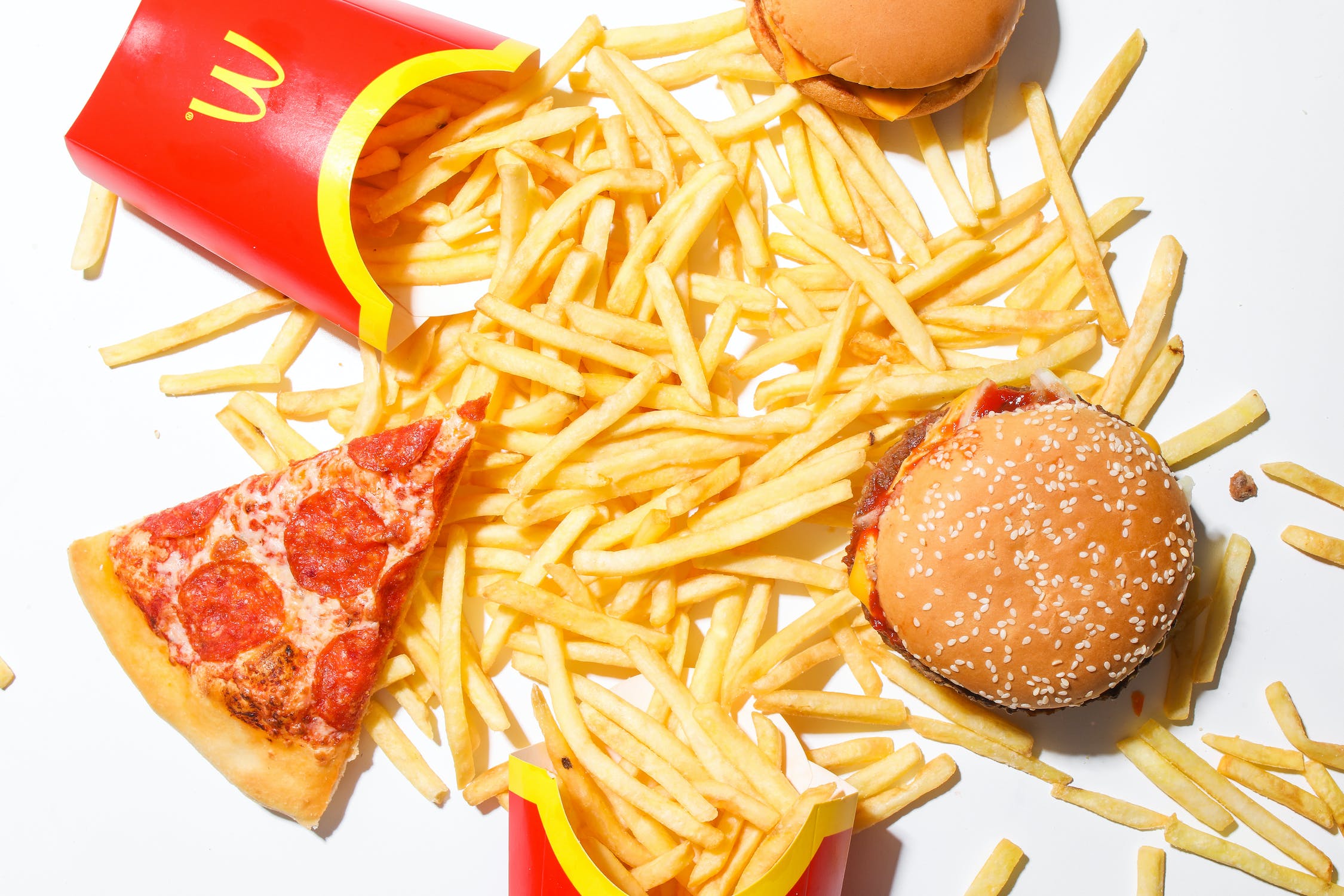
The biggest restaurants and retailers that embrace the digital infrastructure to adapt to the changing landscape of the post-COVID world. Chains like McDonald’s and Starbucks adapted by building up their drive-through and delivery capacity.
Chains that did not update their digital channels due to financial limitations started to feel the pressure.
The Fast-Food Giants Will Survive
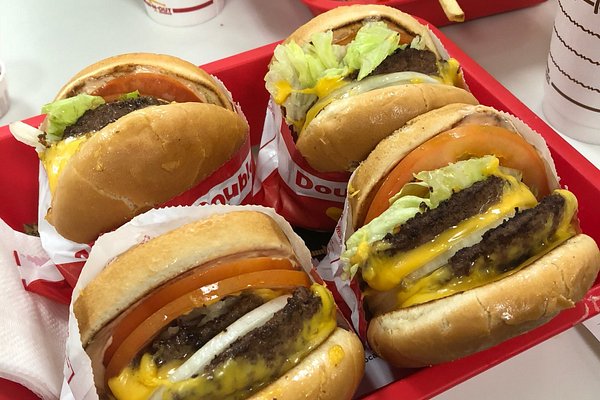
While fast food chains like McDonald’s and KFC are still holding strong, some popular brands have fallen victim to the changing times. In December 2023, Boston Market filed for Chapter 11 bankruptcy, according to Nation’s Restaurant News.
The bankruptcy seemed unavoidable as the rising food costs and changing consumer preferences made the beloved Boston Market a victim of the current economic culture.
Bye, Bye Bagger Dave’s
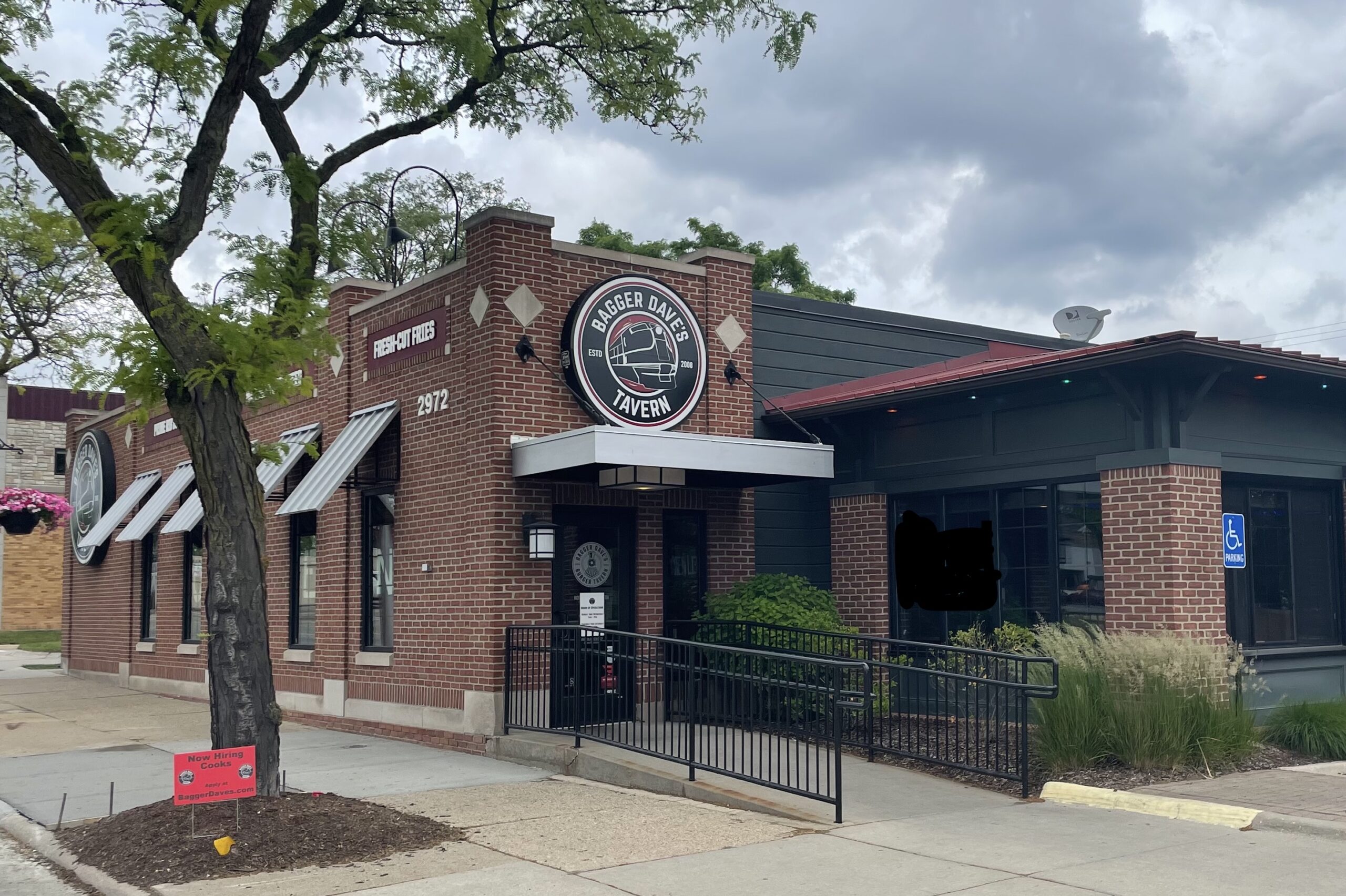
Now, Bagger Dave’s, which has 28 stores in Michigan, Indiana, and Ohio, is closing its doors. The fast food chain offers burgers and pizza, setting it apart from traditional fast food menus.
The fast food chain has slowly reduced its menu and quietly shut down smaller locations. According to the chain’s operator, BT Brands, which owns about 40 percent of the outstanding stock, has other plans for the chain.
Bagger Dave’s Isn’t Filing for Bankruptcy
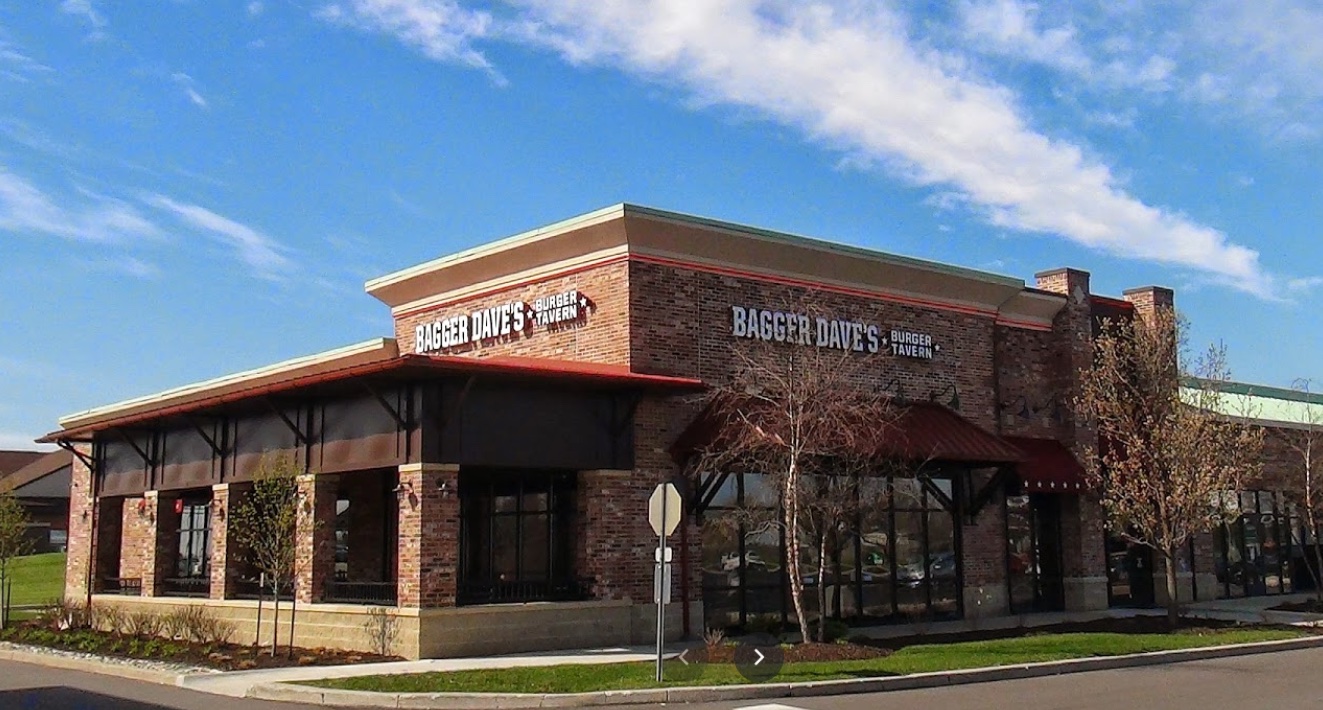
According to the Street, BT Brands isn’t planning to shut Bagger Dave’s down. Instead, there is an undecided new concept in the works.
“As part of this review, it is anticipated that a proposal will be made to Bagger Dave’s shareholders to change the name of Bagger Dave’s to align the name appropriately with a new business strategy,” BT Brands shared in a press release (the Street).
Bagger Dave’s Was Too Ambitious

The brand’s CEO Gary Copperud believes that Bagger Dave’s didn’t have the right concept to stay afloat in the current era of consumption. Instead, Copperud believes that the restaurant might be successful as another concept while remaining in the same locations.
Currently, there are only six stores open and looking to be rebranded.
The Remaining Locations Will Stay Open
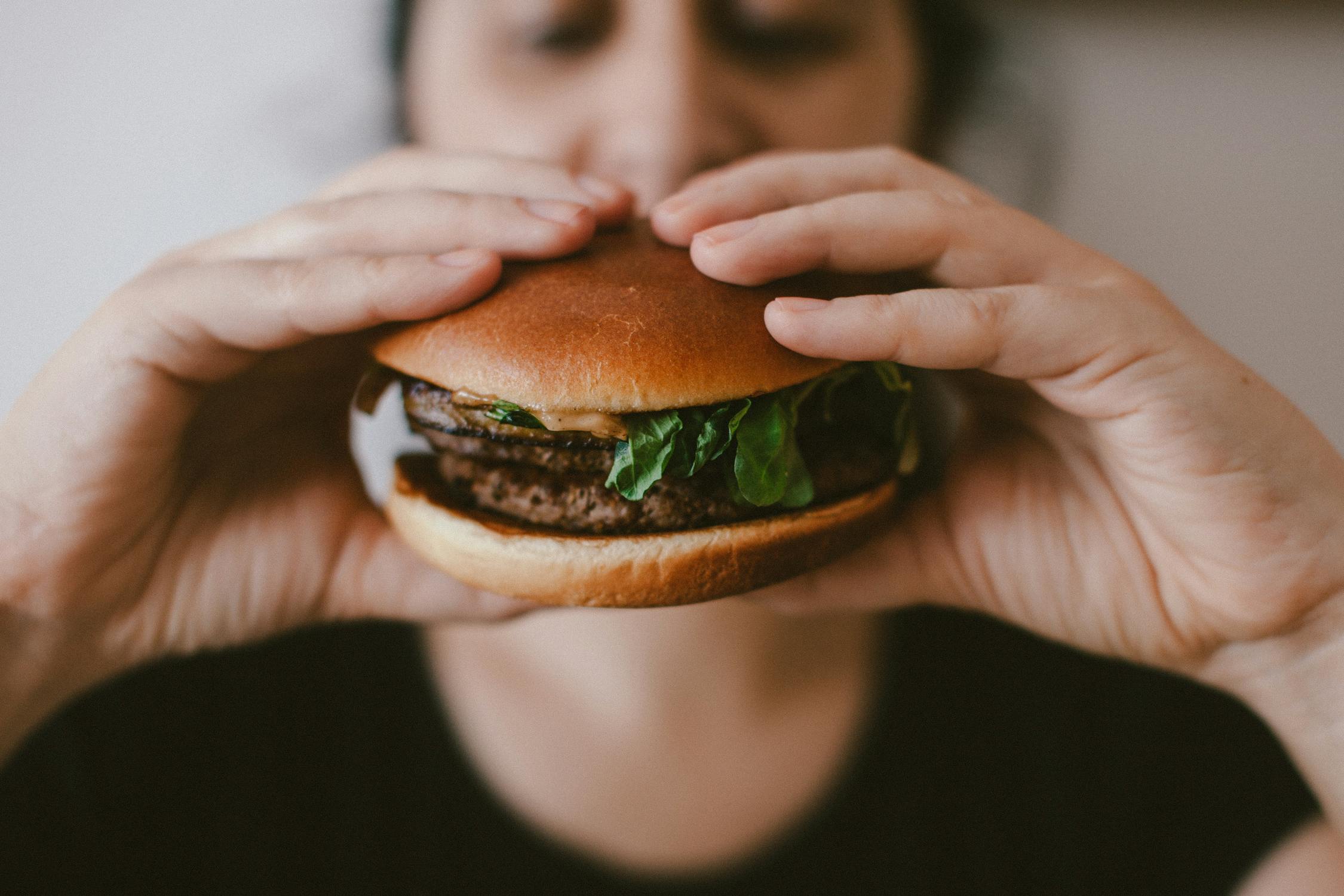
“All six stores are in excellent locations representing an original investment of more than $5 million,” Copperud said. “The stores range from 4,000 to 6,000 square feet, carry full liquor licenses, and are in excellent physical condition.
Copperud continued: “We have had several restaurant professionals look at the locations over the last year, and all agree the units provide an outstanding footprint for a conversion opportunity.”
Changes to Bagger Dave’s Will Start Later This Year
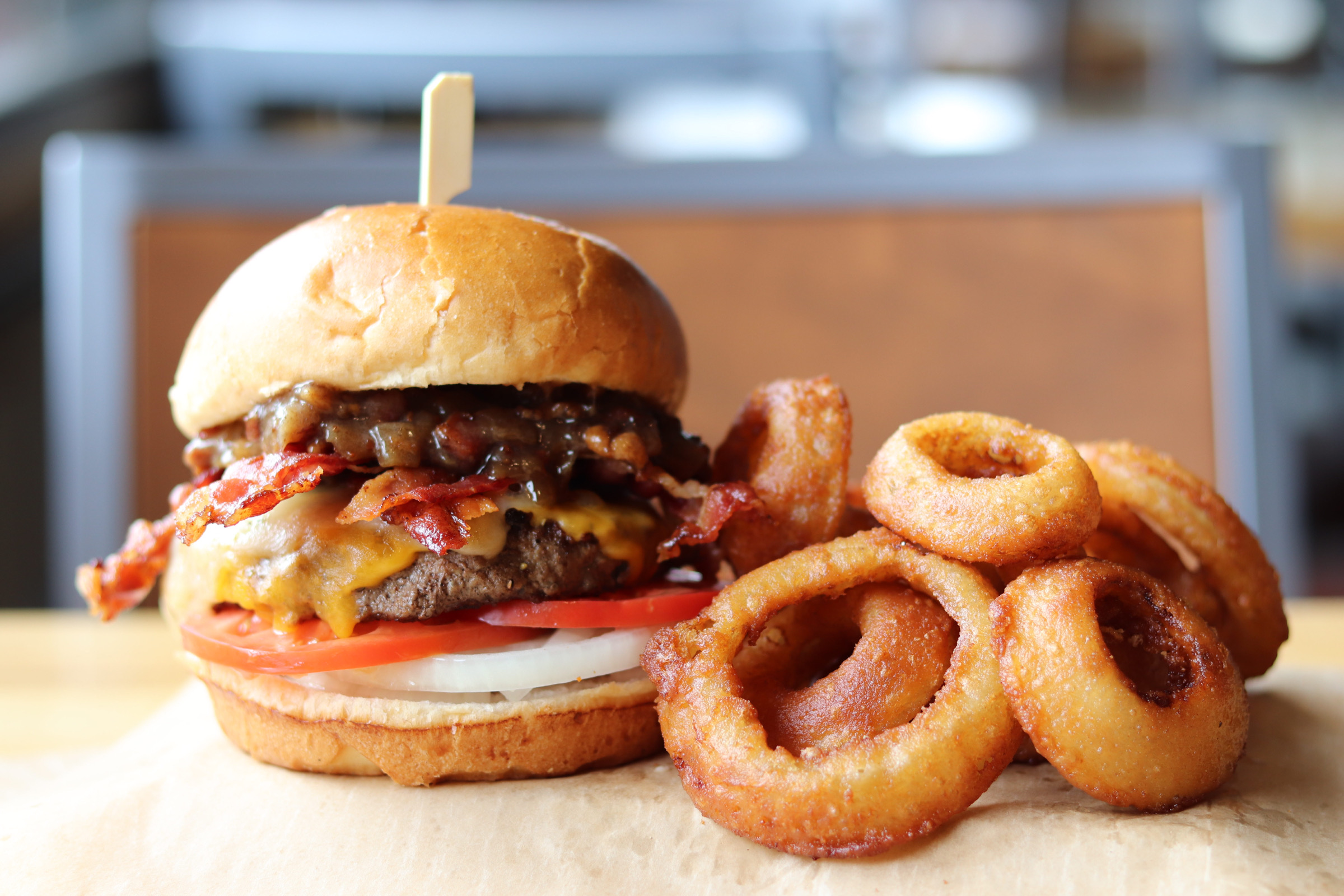
“We look forward to identifying a dynamic growth opportunity, providing potential career growth for all current employees of Bagger Dave’s. We see the opportunity for Bagger Dave’s shareholders, including BT Brands, to earn significant returns from a successful conversion,” the company added.
The current Bagger Dave’s occasions will continue to operate, and the conversations for how Bagger Dave’s will change will begin later this year.
Bagger Dave’s Is the Only Franchise Looking for Another Way to Stay Open
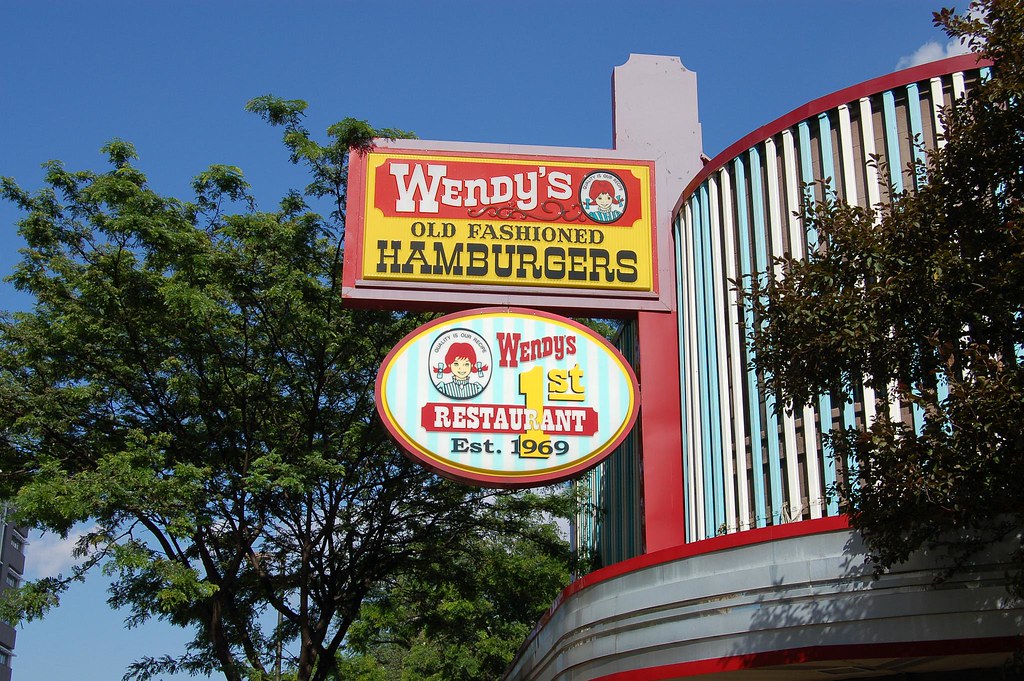
While Bagger Dave’s is getting a facelift, another popular restaurant is starting to worry about the changing tides. In November, a major Wendy’s franchisee, the Florida-based Starboard Group, is looking for debt protection for 73 restaurants.
The Starboard wrote in its Chapter 11 filing that its estimated assets and liabilities were in the $1 billion to $10 billion range.
The Blame Is Put on Corporate

Andrew Levy, Starboard’s CEO, placed the blame on the suits at Wendy’s for mandating that they go through with expensive remodels that required “Substantial capital expenditures” with “modest or not equivalent returns.”
Not many people are going inside these restaurants to enjoy their fast food. Instead, the “combination of post-COVID consumer habits” has skyrocketed the cost of doing business.
Premier Kings Is Feeling the Heat
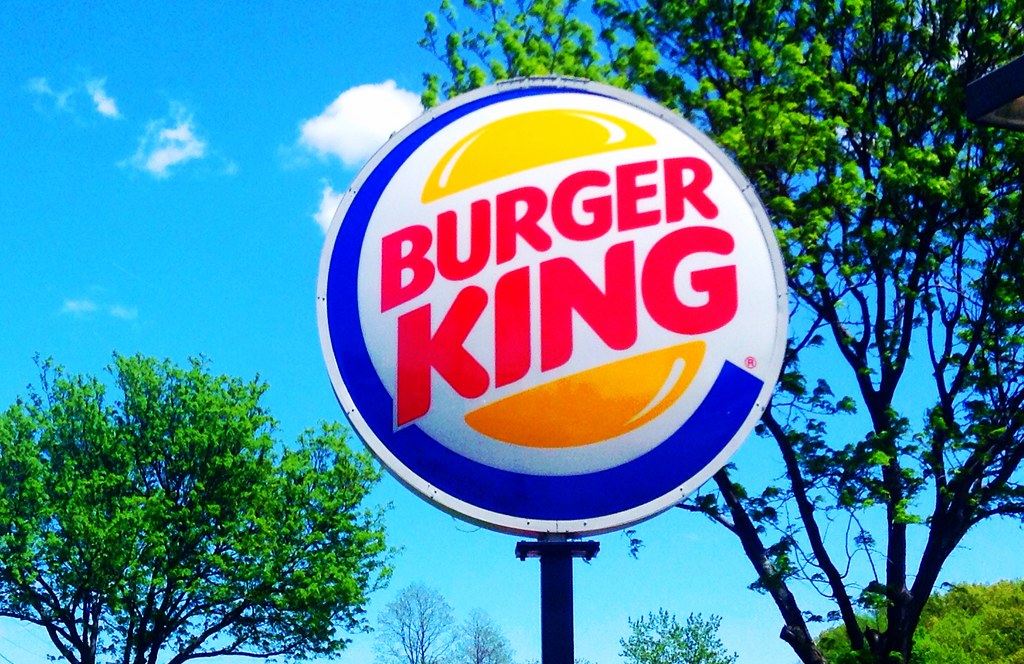
An even bigger franchise operator than Bagger Dave’s and the Starboard Wendy franchise in Florida also declared bankruptcy last year. Premier Kings, which had 172 Burger King outlets, brought in $223 million in sales last year, but that wasn’t enough.
The franchise blames the “various macroeconomic factors,” including “the national impact of the COVID-19 pandemic on restaurant operations, high inflation, increased borrowing rates, and an increasingly limited qualified labor force.”
Why Are Fast Food Chains Closing
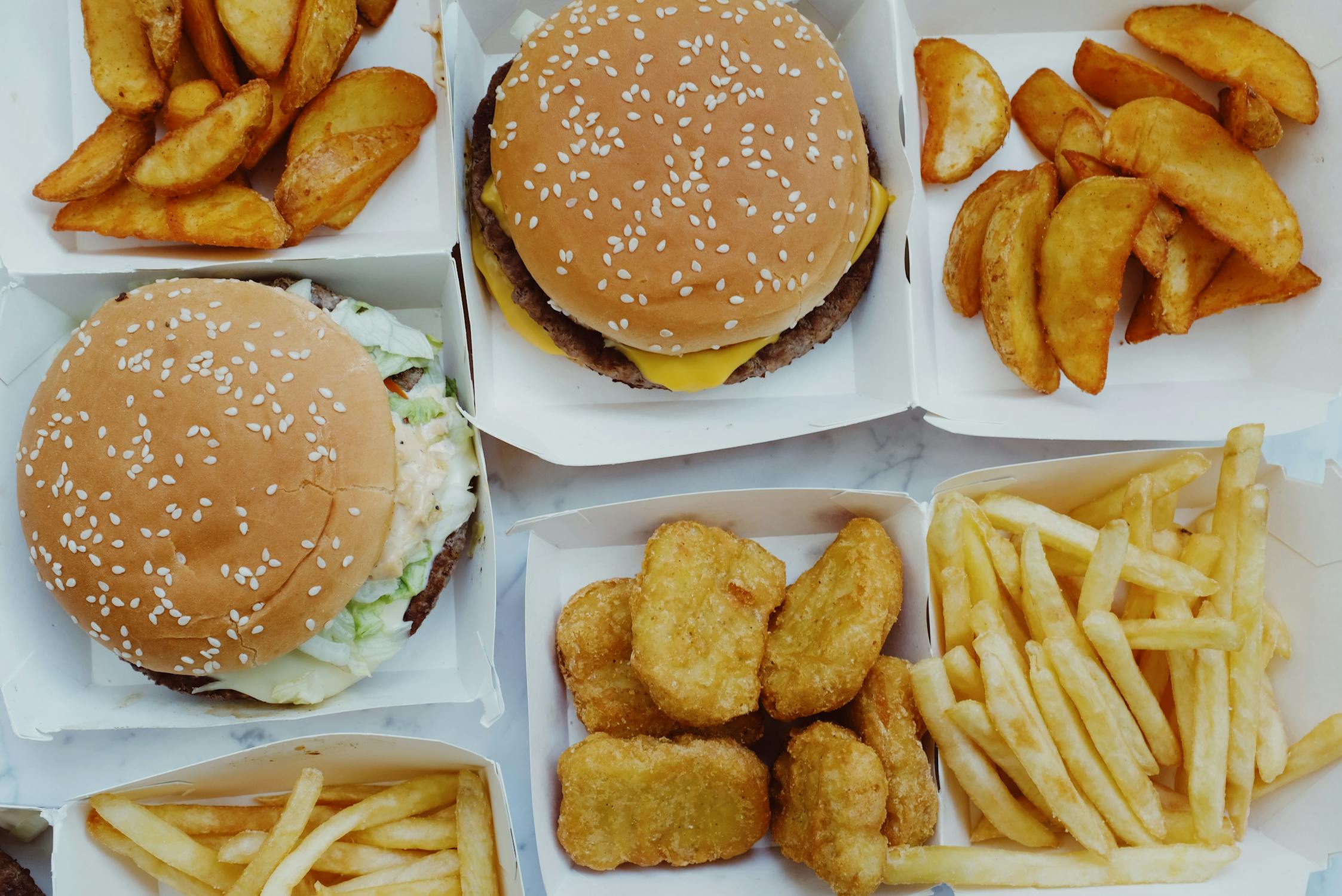
Most restaurant chains are feeling the impact of the post-pandemic world. Labor shortages, rising costs, and inflation in the supply chain disruptions and inflation are causing a lot of problems for businesses.
On top of all of this, lingering consumer anxieties are not helping the problem. Not as many people are dining out anymore, and fast-food chains are scrambling to find a solution before they are forced to close their doors.
